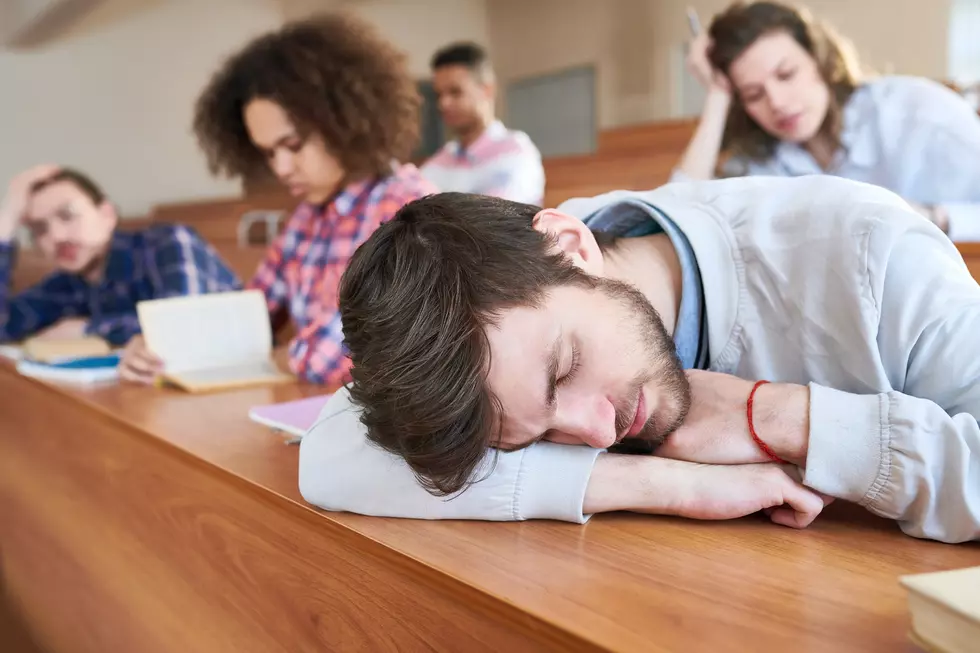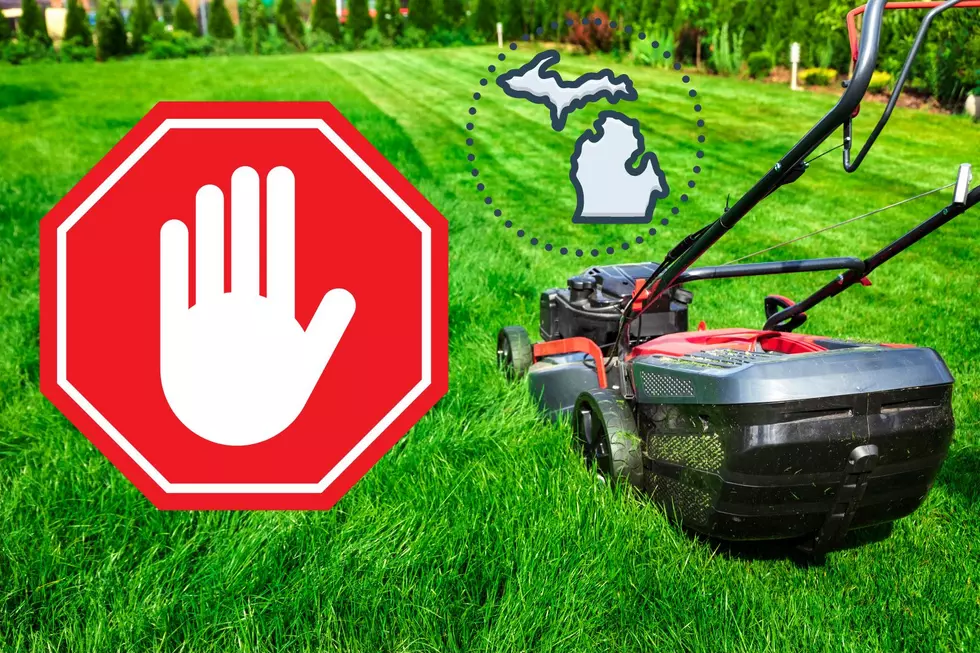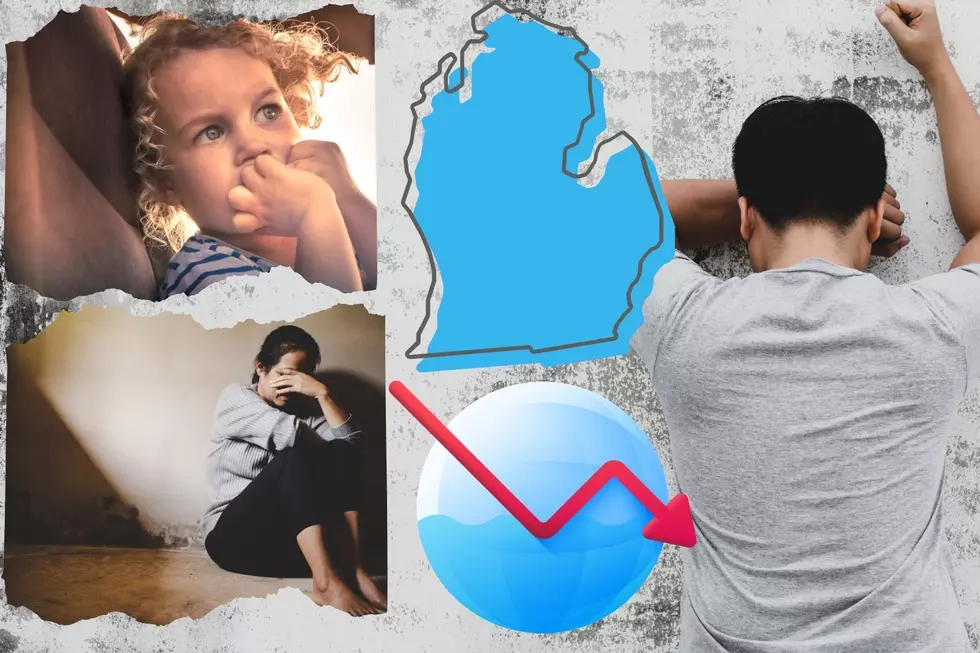
With School Year Starting, Here’s Some Sleeping Tips, But Not in Class
It's hard to tell what can cause you to get sleepy in class. In some cases, it's boring lectures; in other cases, it's maybe being out too late, or if you're putting yourself through school, it could be juggling long hours at both school and work. And let's not forget for students, it might be having to get up two to four hours earlier than you've been rising all summer long.
Dr. Alice Doe is a sleep specialist at Ascension Borgess and sends along some tips to get the best rest. She says
“Poor or inadequate sleep hinders the ability to focus, cognitive brain function and memory, and negatively affects mood and behavior. For older students, a lack of sleep increases the likelihood of having a car accident and resorting to overuse of stimulant energy drinks or substance abuse.” - Dr. Alice Doe, MD
It's been in the news in recent days that energy drinks do a number on your heart, not that a doctor is going to stop teens or millennials (or a fair amount of boomers and X'ers) from consuming them.
But Dr. Doe's tips apply some to adults and others to children:
While this first tip sounds like it's for kids, it applies to all: "Limit naps. Short naps of 20 to 30 minutes are the best way to improve alertness. Long naps can result in grogginess and interfere with nighttime sleep."
Stop with the caffeine and chocolate at least four hours before bedtime. They are stimulants.
This next one is about discipline, so it may be tough for some, but set a set bedtime. And start winding down before that. And while you're at it, turn off all the electronics.
Other than a nightlight for a child, dark is good.
Don't go to bed hungry, but don't eat a lot just before bed either.
And finally, don't just set the rules, do them too, as a good example for your kids.
Michigan Names Even Some Michiganders Get Wrong
Artist/Musician Owners Put Their Million Dollar Mansion on the Market in Ohio
More From WKFR









